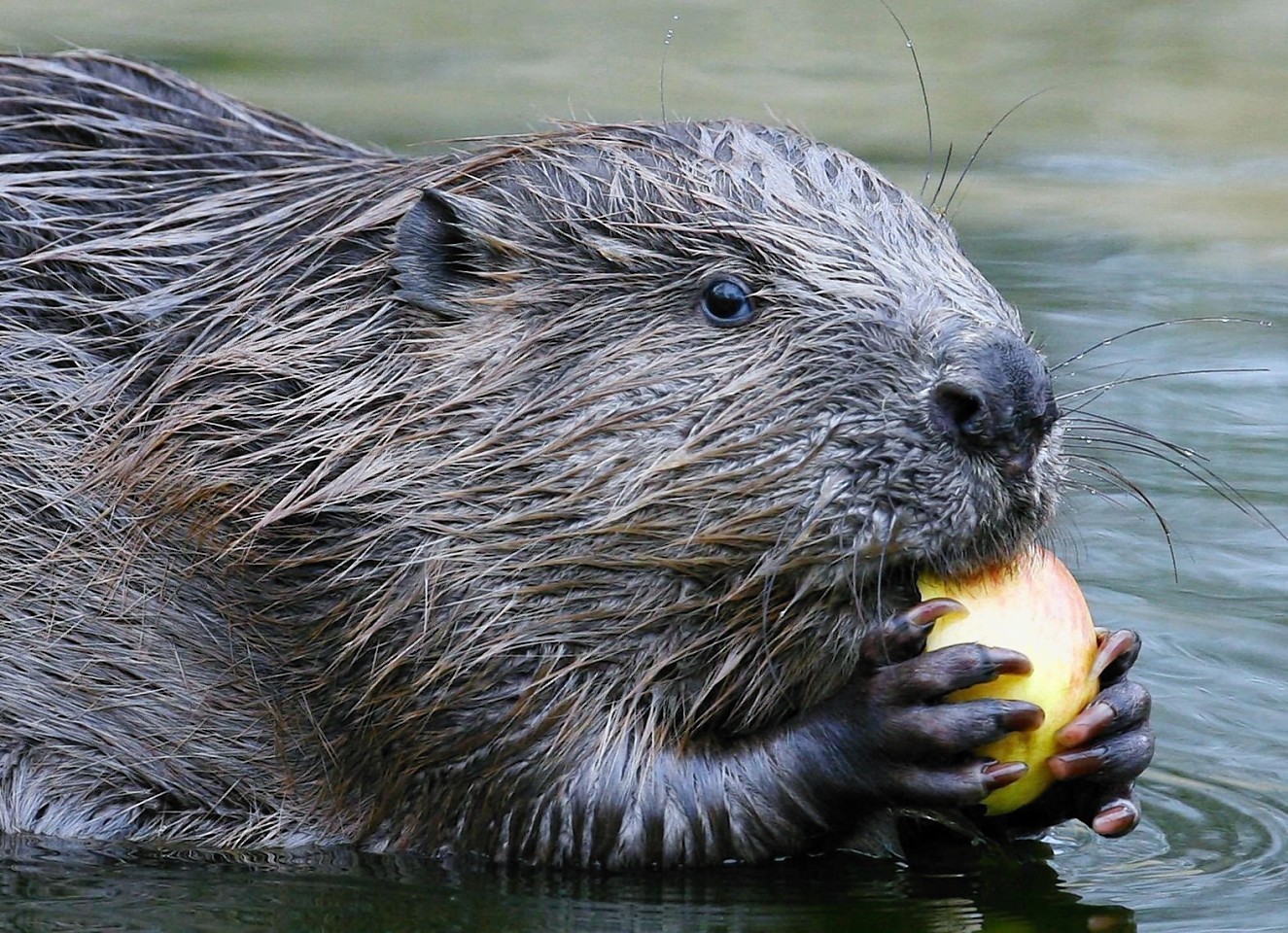Allowing beavers to be reintroduced to Scotland would be a “golden opportunity”, leading conservation charity Trees for Life claimed yesterday.
With the Scottish Government due to decide on whether Eurasian beavers will be allowed to live freely in Scotland after an absence of some 500 years, Trees for Life is urging ministers to fully recognise the beaver as a resident, native species.
It is nine months since Scottish Natural Heritage reported to the Scottish Government on the Scottish Beaver Trial – a five-year trial reintroduction of beavers in Argyll’s Knapdale Forest.
Trees for Life is backing calls by the Royal Zoological Society of Scotland and Scottish Wildlife Trust – lead partners in the Scottish Beaver Trial – for a positive decision by the government as soon as possible.
“Allowing this native species to return would offer Scotland huge benefits. Beavers are superb ecosystem engineers and could transform and greatly improve the health of our rivers and forest ecosystems, help restore our depleted wetlands and reduce flooding – while substantially boosting wildlife tourism,” said Alan Watson Featherstone, Trees for Life’s Founder.
“We also have an ethical responsibility to allow the beaver to return at last, having caused its extinction in Scotland. The government has the opportunity now to take a far-sighted positive decision that will benefit our communities and landscapes, and will lead the way in the UK, at a time when England and Wales are also considering the possible reintroduction of beavers.”
Trees for Life said beavers play a crucial ecological role and provide a range of important benefits for other species. They coppice and fell trees – letting light into the forest, enabling other species to grow and stimulating new growth of the trees themselves. By damming watercourses they create wetland areas – providing habitats for amphibians, invertebrates and fish, which in turn attract birds and otters.
Scotland also has more than 250 wild beavers estimated to be in the River Tay catchment, following breeding by beavers that escaped captivity.
